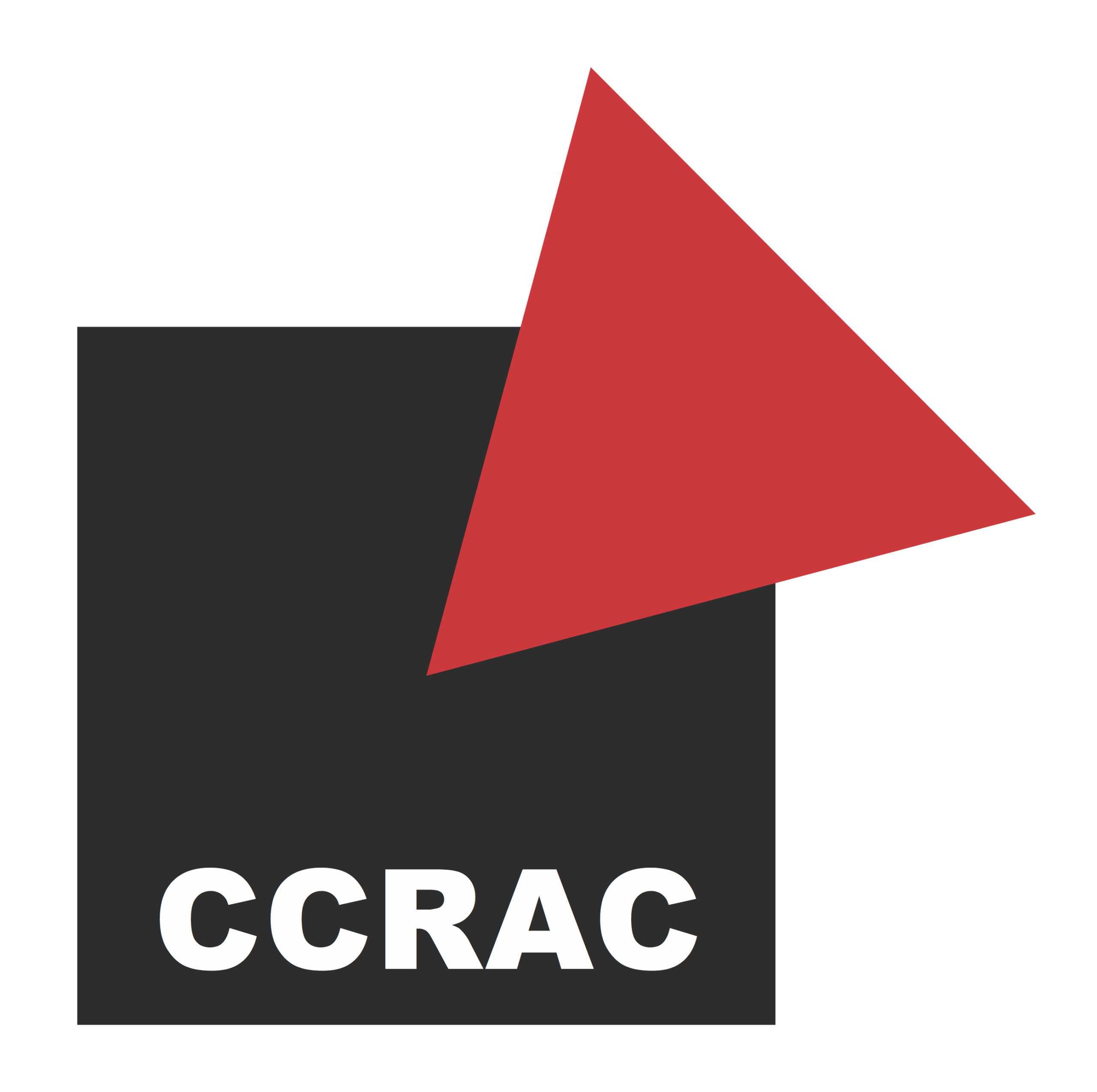
20 to 21 September 2012
Centre for Research in the Arts, Social Sciences and Humanities (CRASSH), University of Cambridge, Alison Richard Building, 7 West Road, and University Library, Cambridge
Convenors
Dr Rosalind Blakesley (History of Art/Pembroke College)
Dr Emma Widdis (Slavonic Studies/Trinity College)
Speakers
Robert Bird (University of Chicago), John E. Bowlt (University of Southern California), Molly Brunson (Yale University), Maria Gough (Harvard University), Christina Kiaer, (Northwestern University), Michael Kunichika (New York University), Susan Larsen (Cambridge), John Mackay (Yale University), Susan E. Reid (University of Sheffield), Ellen Rutten (University of Amsterdam), Jane Sharp (Rutgers University), Susanne Strätling (Freie Universität Berlin)
Conference Programme
Conference Abstracts
Download Poster
Conference Summary
Creative practice in Soviet Russia was marked by unprecedented emphasis on collaborative endeavour, reaching across disciplinary boundaries. Architects, poets, painters and designers were united in formal and informal collaborative networks, leading to innovative design collectives, and to a unique erosion of any lasting divisions between architectural, graphic, textile, theatre, and urban design. This conference – a collaboration between Cambridge University Library and the departments of History of Art and Slavonic Studies – will investigate the roots and legacies of these collaborative networks in order to shed light on the circulations, interconnections, and dialogue between different designers and modes of design. This is a vital part of the history of the Soviet avant-garde, and of its legacy; it has the potential to offer new perspectives on the history of 20th-century design.
The conference complements a major exhibition at Cambridge University Library of items from the Catherine Cooke Collection, a world-class assemblage of books, periodicals, posters, plans, photographs, and ephemera relating to Russian and Soviet art, architecture, urban planning, and design. With presentations on individual items in the Cooke collection, as well as papers from an international and interdisciplinary line-up of speakers, it will explore the actual conditions that created and supported collaboration by looking back to the Silver Age and forward to the late Soviet and post-Soviet period, as well as re-examining the Soviet avant-garde.
Sponsors
Centre for Research in the Arts, Social Sciences and Humanities (CRASSH), University of Cambridge, CCRAC, Pembroke College, Trinity College, and the Cambridge University Library

